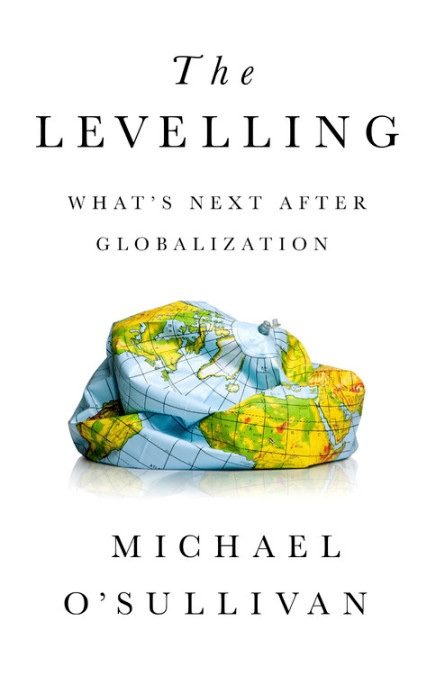
Zhou Enlai, one of the founders of the Chinese state and its first premier, is at the centre of an often used misquote. It is reported that he was asked (during the 1972 Nixon visit to China) for his assessment of the 1789 French Revolution and that he replied, ‘Too early to tell’. In fact, the question had referred to the 1968 student riots in France, and the translator had succumbed to the temptation not to let the truth get in the way of a good story.
Similarly, with the Hang Seng index and the more specific China technology indices down 10% at the start of the week, it is ‘too early to tell’ if this is the beginning of a China led financial market and economic crisis of the type that we witnessed in 2014/2015 and to a lesser extent in 2018. A China crisis proper is high on the list of my ‘things that could go wrong’, but so far China remains the ‘country that has failed to fail’.
The collapse in Chinese equities, especially those in the social media and education sectors owes much to weighty government regulation. In the education sector, the authorities have declared that the rise of private education companies is warping the public education offer and creating inequalities in access to public goods. I generally agree and would suggest that the same is true in Western countries such as the UK and US (ironically there are hundreds of thousands of Chinese students in British and American universities). Most economists will agree that cheap or even free good quality education is the basis of a civil and innovative country.
Where China is different is in the force of its policy making. It has imposed harsh restrictions on its education companies, including a proviso that they cannot make a profit. As a result the price of New Oriental Education fell from USD 8 at the beginning of July to below USD 2 last Tuesday. Equally the share prices of social media driven companies from TenCent to DiDi to Alibaba have also fallen as the Chinese government has also looked to exert a heavy hand over the use of consumer data. They have bounced back somewhat but the credibility of the Chinese market is still at stake.
In the West, these moves will cause some confusion and alarm, not least amongst those who think China is a lesser version of the West. In my view, China is the most successful developmental story of our time, and one where policy (unlike the West) follows a textbook approach, and is importantly, guided by the goal of keeping the ‘Chinese Dream’ on track.
In China, the idea of the ‘rule of law’ is quite different from the way Westerners interpret it, and rather means rule from above, or by the central authority. Here the calculation in Beijing, is that short sharp shocks to certain industries will limit greater socio-economic imbalances and thus avert a larger, existential crisis later.
There are also strategic elements, both for the Communist Party and its leaders, the need to shake up dominant layers and drive investment to other sectors (i.e., semiconductors), and the need to, like the EU, take a lead in forming data regulation.
To that end, investors should view this sell-off, which has pushed Chinese equities into a bear market, as tactical, especially if in coming days it is accompanied by measures to support credit growth in the Chinese economy.
There is a risk of contagion, and there are plenty of ingredients for this. For example, margin debt on trading accounts in China is very high, Chinese high yield bond spreads are the highest they have been in five years (except during the initial COVID sell-off) and economic momentum is sluggish.
In this context, a revolt by investors – both domestic and international – who fear that the Chinese government is going ‘all communist’ would trigger a more prolonged sell-off. In particular, there is a risk that international investors increasingly demand a ‘government intervention’ premium for Chinese assets.
Signs to watch here are weakness across the Chinese credit complex, rising government bond yields and a dip in the yuan, as well as in other cyclically sensitive Asian currencies and international equity indices (e.g. DAX). More broadly a ‘China scare’ for markets would quickly reverse the reflation trade and see fear mongers talk of a demand shock. It might yet be ‘too early to tell’ but China is set to become the driving story in the marketplace.
